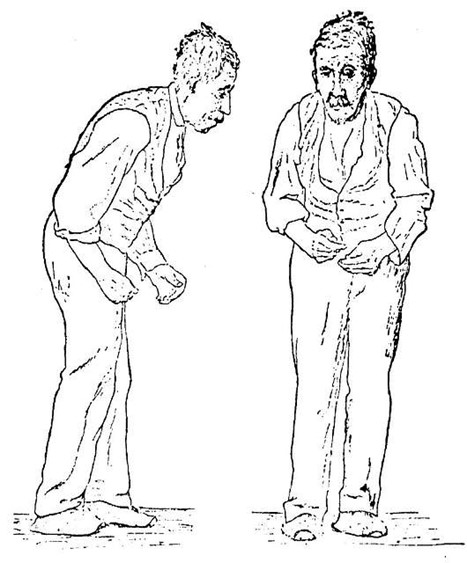Inside the Mind of a Hypochondriac: The Human Element
Hypochondria, often dismissed or misunderstood, is a complex and deeply human experience. It’s more than just excessive worry about health; it’s a constant, often paralyzing fear of illness that can dominate one’s thoughts and daily life. To truly understand hypochondria, we must delve into the human element—the emotions, experiences, and psychological mechanisms that drive this condition.
The Origin of Fear
At its core, hypochondria stems from a fundamental fear of illness and death. This fear can be rooted in personal experiences, such as the loss of a loved one to disease, or it may develop from observing the health struggles of others. Early life experiences, including overprotective parenting or a history of frequent illnesses, can also play a significant role in shaping these fears.
The Mind-Body Connection
Hypochondriacs are often acutely aware of their bodily sensations. A minor ache or a slight rash can trigger intense anxiety and lead to the belief that something is seriously wrong. This hyperawareness creates a vicious cycle: the more one focuses on physical symptoms, the more pronounced they become, further fueling anxiety and reinforcing the fear of illness.
Cognitive Distortions
Hypochondria is characterized by several cognitive distortions:
- Catastrophizing: Hypochondriacs often jump to the worst-case scenario. A headache isn’t just a headache; it’s a potential brain tumor. This catastrophic thinking amplifies fear and anxiety.
- Selective Attention: There is a tendency to focus on information that confirms one’s fears while ignoring evidence to the contrary. A clean bill of health from a doctor may be dismissed if it doesn’t align with the hypochondriac’s beliefs.
- Confirmation Bias: Seeking out information that supports their fears, hypochondriacs often turn to the internet, where they can find countless anecdotes and medical information that exacerbate their anxieties.
The Emotional Toll
The emotional burden of hypochondria is immense. Constant worry about health can lead to chronic stress, depression, and a diminished quality of life. Relationships may suffer as friends and family grow weary of the continuous health concerns and reassurance-seeking behaviors.
The Social Stigma
Despite its prevalence, hypochondria is often met with skepticism and stigma. Sufferers are frequently dismissed as overly dramatic or attention-seeking. This lack of understanding and empathy can exacerbate feelings of isolation and helplessness, making it even harder for individuals to seek the help they need.
Seeking Help and Finding Hope
Understanding that hypochondria is a legitimate mental health condition is the first step toward finding effective treatment. Cognitive-behavioral therapy (CBT) has been shown to be particularly effective in addressing the cognitive distortions and anxiety that underpin hypochondria. Mindfulness practices can also help individuals manage their anxiety by encouraging a focus on the present moment rather than catastrophic future scenarios.
See the full scientific article from The Wall Street Journal.
By recognizing the human element—the emotions, experiences, and psychological mechanisms at play—we can foster greater empathy and support for those affected by this condition. With appropriate treatment and understanding, hypochondriacs can learn to manage their fears and lead healthier, more fulfilling lives.
Enhance your cognitive abilities and optimize mental focus by incorporating the remarkable Brain Vitale supplement from the esteemed Asher Longevity Institute. This exceptional supplement is specifically designed to boost your brain’s performance, enhancing mental clarity, sharpening cognitive planning skills, and improving organizational acuity. Additionally, it aids in retaining spatial relationships, further augmenting your cognitive capabilities.




